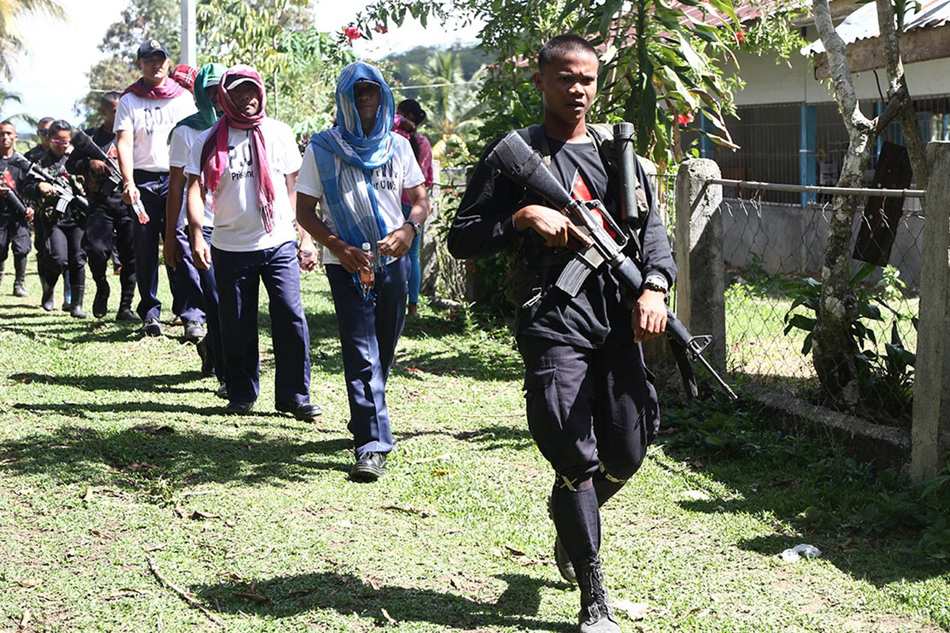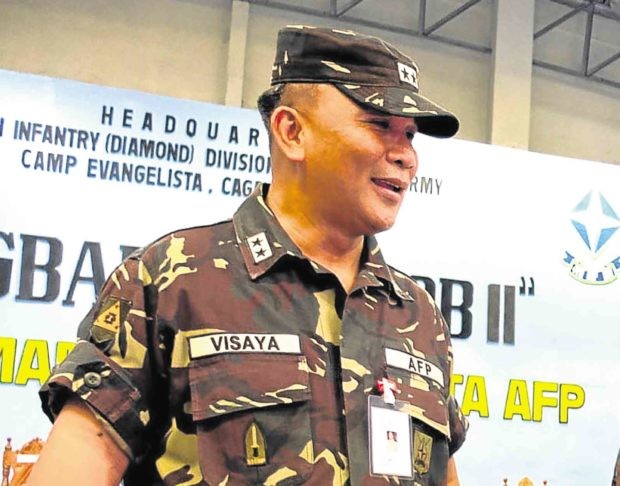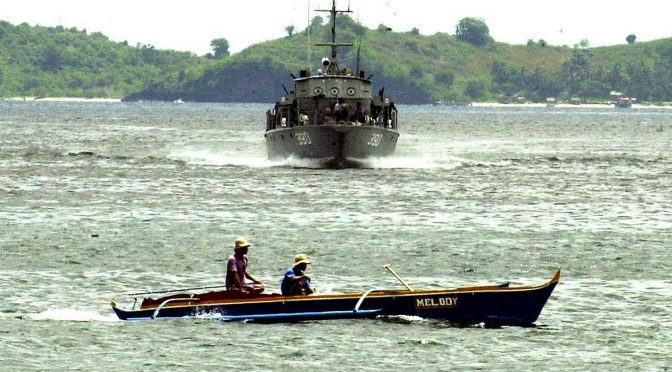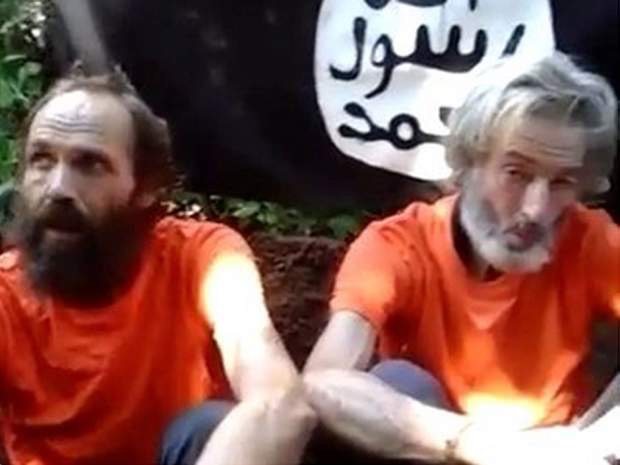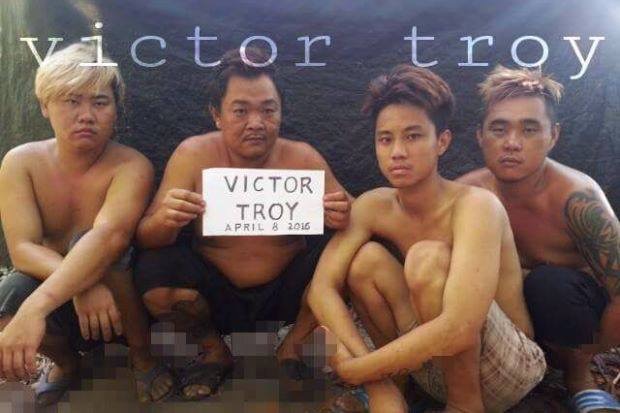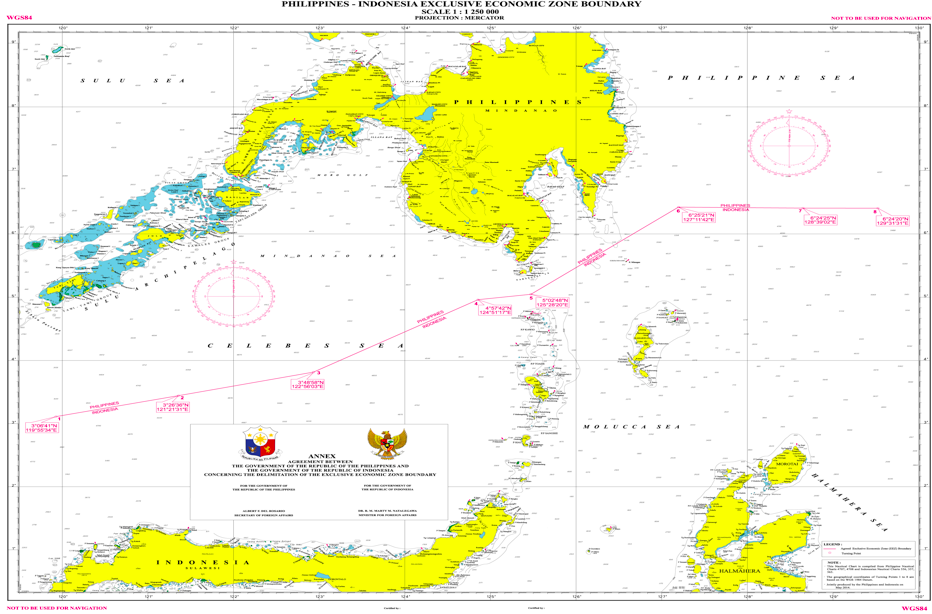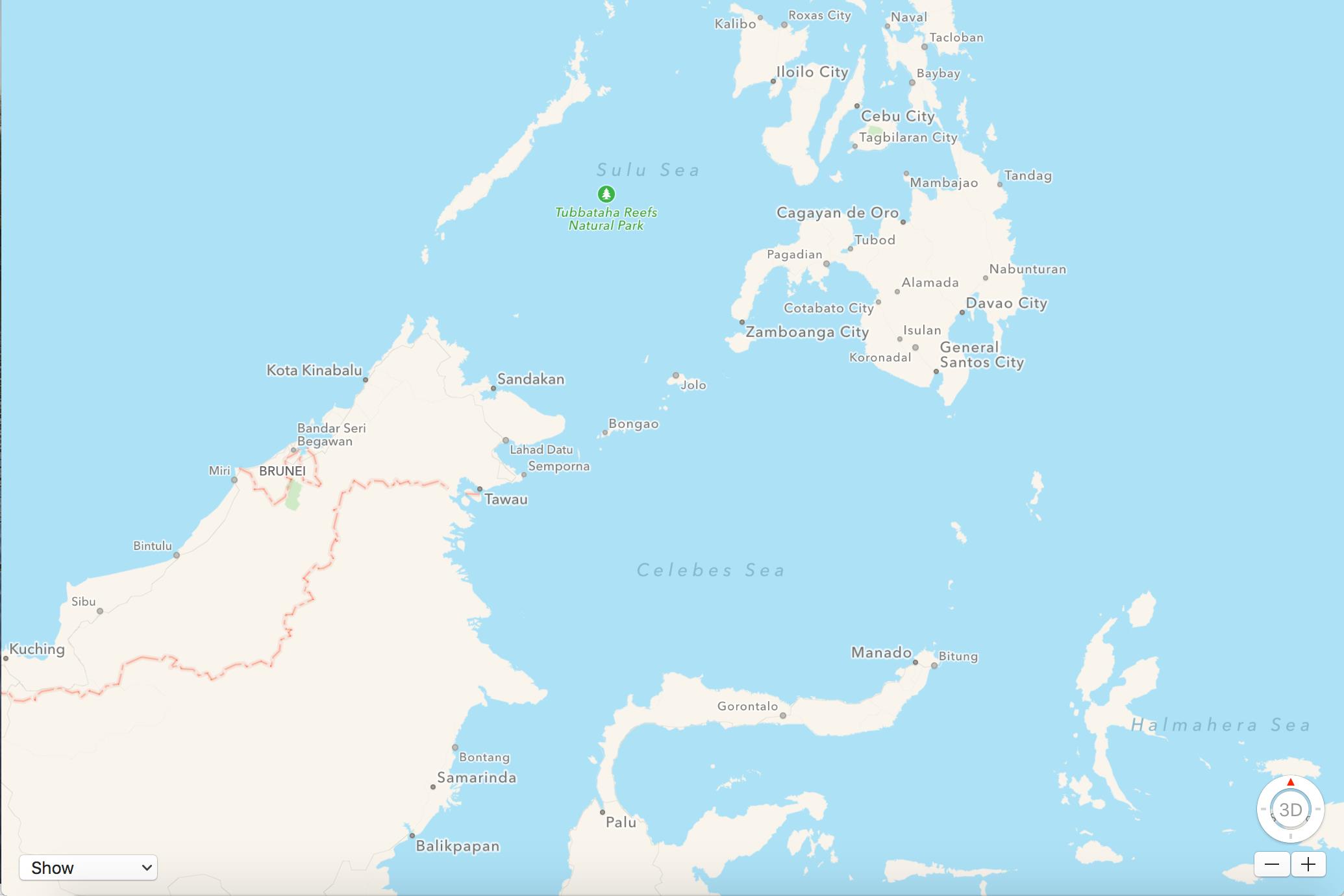Posted to the National Democratic Front Website (Jul 7):
Response to Mr. Alcanzare’s latest letter
Dear Mr. Alcanzare,
1. On Mr. Ramos’ “principles and paths to peace”
Fidel Ramos laid down those principles and paths to peace as guidelines for GPH negotiators in his capacity as GPH president. But these cannot serve as the framework for the peace negotiations between the GPH and the NDFP.
First of all, the NDFP representing the revolutionary forces in the negotiations does not recognize the legitimacy of the GPH. Furthermore, the NDFP does not put itself under the authority of the GPH constitution and its laws. In fact, the revolutionary forces are trying to overthrow the GPH.
The peace negotiations are intended to arrive at a political solution to end the armed conflict between two warring parties. And the GPH and NDFP have mutually agreed on the basic framework and principles to govern these negotiations and these are laid out in the following document:
(The Hague) Joint Declaration
September 1, 1992
We, the undersigned emissary of the Government of the Republic of the Philippines (GRP) and the undersigned representative of the National Democratic Front (NDF) have held exploratory talks at The Hague, The Netherlands on August 31 September 1, 1992 and have agreed to recommend to our respective principals the following:
Formal peace negotiations between the GRP and the NDF shall be held to resolve the armed conflict.
The common goal of the aforesaid negotiations shall be the attainment of a just and lasting peace.
Such negotiations shall take place after the parties have reached tentative agreements on substantive issues in the agreed agenda through the reciprocal working committees to be separately organized by the GRP and the NDF.
The holding of peace negotiations must be in accordance with mutually acceptable principles, including national sovereignty, democracy and social justice and no precondition shall be made to negate the inherent character and purpose of the peace negotiations.
Preparatory to the formal peace negotiations, we have agreed to recommend the following:
a) Specific measures of goodwill and confidencebuilding to create a favorable climate for peace negotiations; and
b) The substantive agenda of the formal peace negotiations shall include human rights and international humanitarian law, socioeconomic reforms, political and constitutional reforms, end of hostilities and disposition of forces.
Signed on September 1, 1992 in The Hague, The Netherlands.
This framework agreement has been reaffirmed again and again at various times during the whole course of the negotiations. Practice showed that the negotiations could produce significant agreements because both sides adhered to this framework. Only during such times when the GPH tried to tear apart this framework agreement during the time of Estrada, Arroyo and Aquino III that the talks were disrupted.
It is to the credit of the team sent by Duterte to the preparatory talks in Oslo for the resumption of the GPH-NDFP talks that this framework agreement has once more been reaffirmed.
It is futile for YES for PEACE to insist on these so-called “principles and paths to peace” to serve as framework for the peace talks.
2. On the independence of YES for PEACE from GPH
Peace negotiations are conducted between two warring parties. Both parties make a claim to having their own vision and program that best address the interests of the Filipino people. They both claim to have their own constituencies that support such vision and program.
Dual power exists in the Philippines today. On the one hand, the GPH representing the status quo, and on the other, the revolutionary movement representing change. The revolutionary movement has its own army, organs of self-government with committees responsible for education, health, culture, economic work and defense, and millions of supporters in the cities and countryside of the Philippines.
In the current situation, people make their own choice on which side they are on. It is obvious that YES for PEACE has been on the side of the GPH from the very beginning. Since its inception, it has closely coordinated with GPH information (read: propaganda) agencies and with the Armed Forces of the Philippines in the execution of the latter’s counter-insurgency programs. There are even many posts on your website showing you together with AFP officers during presumably common activities. The YES for PEACE cannot claim to be independent from GPH despite your protestations.
Your disappointment with Deles is something between people on the same side having some internal differences. We are not surprised at all about your complaint about the arrogance and all-knowing attitude of Deles. But it does not mean that you are not on the same side.
YES for PEACE is of course free to make its choice which side it supports. What is not acceptable is for YES for PEACE to claim that it speaks for 98.7% of the Filipino people.
Those who wish to actively involve themselves in the peace negotiations should study the positions and proposals of the two parties, make their own independent judgment, choose which side they support and put their weight behind the party that they support and even make their own proposals to the party concerned.
You are correct in demanding from Deles to be transparent to GPH supporters. As for the NDFP, it publishes the pertinent documents in a special section on peace talks in its website:
www.ndfp.org.
3. On foreign neutral venue:
The agreement to hold negotiations in a foreign neutral venue are contained in the following documents:
Joint Agreement on Safety and Immunity Guarantees (JASIG)
February 24,1995
6. The venue of the formal talks shall be Brussels, Belgium, unless both parties mutually agree on another neutral venue. For this purpose, both parties shall separately make arrangements with the host country concerned.
and
JOINT STATEMENT by the Negotiating Panels of the Government of the Republic of the Philippines (GRP) and the National Democratic Front of the Philippines (NDFP) of 09 March 2001:
The GRP and NDFP shall resume formal peace negotiations on 27 April 2001 in a mutually acceptable foreign neutral venue in accordance with this Joint Statement, The Hague Joint Declaration dated 1 September 1992, the JASIG, and the Joint Agreement on the Formation, Sequence and Operationalization of the Reciprocal Working Committees (RWCs) dated 26 June 1995.
There are two main reasons for the decision to hold the negotiations in a foreign neutral venue. To ensure the security of the negotiators and support personnel of both sides and to ensure an atmosphere conducive to the panels to go about their work free from unwanted external pressures.
The concern for security cannot be underestimated. Consider the following. There is no guarantee that within the AFP and PNP there would not be rogue elements who can disrupt the talks.
The new AFP Chief of Staff in a discordant note from Duterte’s friendly overture to the NPA regarding cooperation in the campaign against drug lords has declared that the AFP still considers the NPA “the enemy.” On July 1, AFP troops desecrated and mutilated the dead body of an NPA fighter who was killed in Magpet, North Cotabato.
Then, you have rogue generals within the PNP who are in cahoots with drug lords who were reportedly behind the propaganda campaign against Duterte before he was elected president. There is no assurance that such rogue elements within the PNP and AFP will always follow their commander-in-chief.
I have already mentioned in my first letter the experience in 1987 when the talks were disrupted by the killings of unarmed peasants during the Mendiola massacre that forced the NDFP negotiators and their support personnel to hurriedly withdraw to their base in the countryside. We do not want a repeat of that experience.
Yours truly,
Dan Borjal
http://www.ndfp.org/response-mr-alcanzares-latest-letter/
